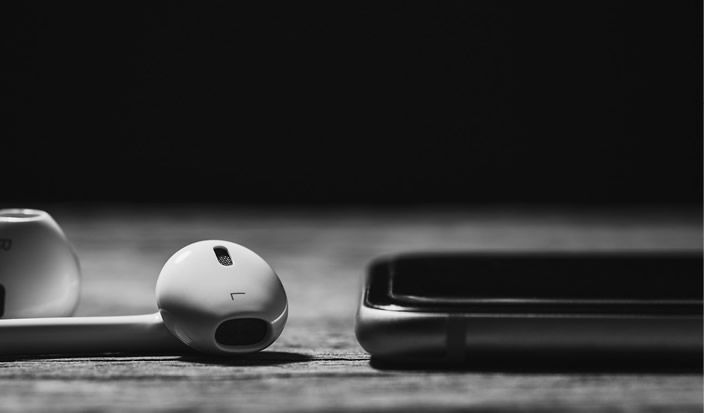
Podcasts are undergoing a bit of a renaissance at the moment, perhaps on the back of the success of blockbuster podcasts like Serial, and, fortunately for teachers, there are plenty of useful and interesting podcasts out there that they might be interested in, either for improving their own subject knowledge or for using with their classes. In this article, IEUA NSW/ACT Branch Organiser Keith Heggart shares some of his favourite history podcasts.
Dan Snow’s History Hit
Dan Snow is quickly becoming a bit of a phenomenon – he seems to be everywhere in the history education world. His podcasts are generally topical, ranging from ancient to modern history, but there’s a real focus on World War I and World War II. At the moment, Snow is doing a series of podcasts focusing on the centenary of battles like Ypres in World War I. These often take the form of interviews with historians and, where possible, people involved in the events themselves, which adds a dimension of realism to them. The podcasts themselves are a little bit eurocentric, but they are short and snappy, often discuss topics like sources and veracity, and engage with some of the big ideas in history – and they are currently crowdfunding for History Hit TV!
Website: http://www.historyhitpodcast.com
Hardcore History
Whereas Dan Snow’s History Hit provides a shallow overview of a lot of different topics, Hardcore History (by US journalist Dan Carlin) is a deep dive into some of the most contentious topics in both modern and ancient history. Carlin doesn’t hide the fact that he’s not an historian; instead, he uses that as a starting point to document his own exploration and investigation of different sources. His discussions are well referenced, thoughtful and very detailed. The average podcast can last more than two hours, and some series have more than 10 hours in content. Ancient History teachers should definitely investigate the series on Persia.
Website: http://www.dancarlin.com
Last Stop to Nowhere
A little closer to home (and with more links to the Australian curriculum) there are a few really satisfying Australian history podcasts. A lot of these explore barely known facets of Australian history. Last Stop to Nowhere is a good example – it might be a very basic podcast, but what it lacks in fancy production values it makes up for in genuinely interesting content. For example, there’s a section on the Emu Wars, as well as another episode on communist conspiracies in mid 20th century Australia. A lot of these topics will fit nicely within the History section of the Australian Curriculum. Each podcast is approximately an hour long, so teachers might want to consider only playing excerpts to the class.
Website: http://www.laststoptonowhere.com
Rum, Rebels and Ratbags
This podcast was put together by the ABC, and is hosted by Dom Knight, with historian David Hunt (author of the Australian history book, Girt). In the limited run (10 episodes) of this podcast they discuss a range of topics from Australian history. Importantly, they discuss the role of women in many of these, including in colonial NSW. There is a thoughtful discussion of the Eora nation and also a very entertaining conversation about Governor Bligh – although there is some strong language in that particular episode, so I wouldn’t recommend it to younger students.
Website: http://www.abc.net.au/radio/programs/rumrebelsratbags/
A History of the World in 100 Objects
Like the previous podcast, A History of the World in 100 Objects is no longer being updated, but that doesn’t mean that it’s not worth listening to, in fact, the opposite is very much true. More than 20 different seasons (each with five episodes), this BBC produced podcast undertakes the ambitious project of trying to describe humanity’s development through the objects that we have crafted. Each season takes a different time period (beginning in prehistoric times and culminating in 2014, when the podcast’s run concluded). It is a thoughtful and thought provoking episode that explores a topic that is often overlooked, the role of the mundane in history. And there’s such potential to link it to the study of History, for example, teachers could ask their students to identify an object that would be a candidate for the podcast in 2017!



































































































































